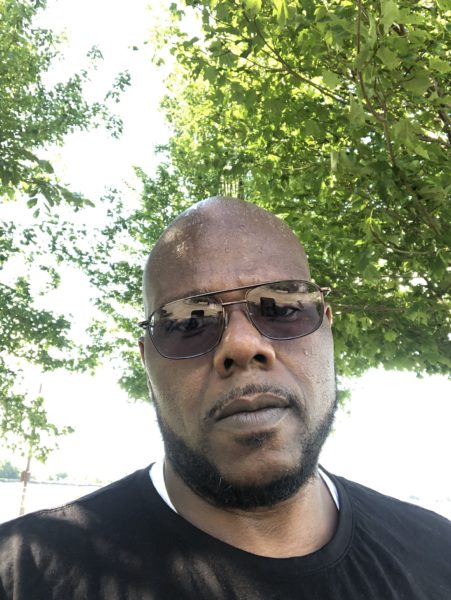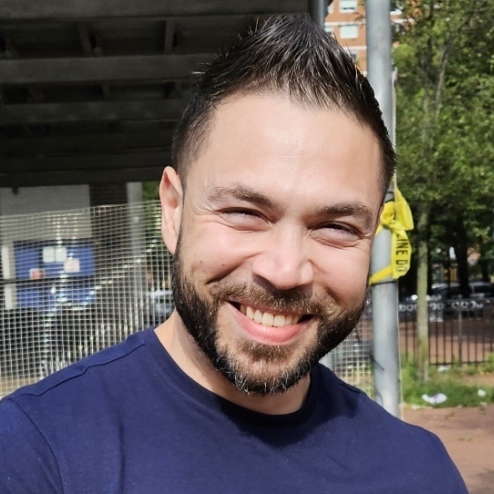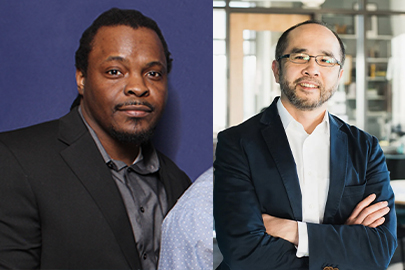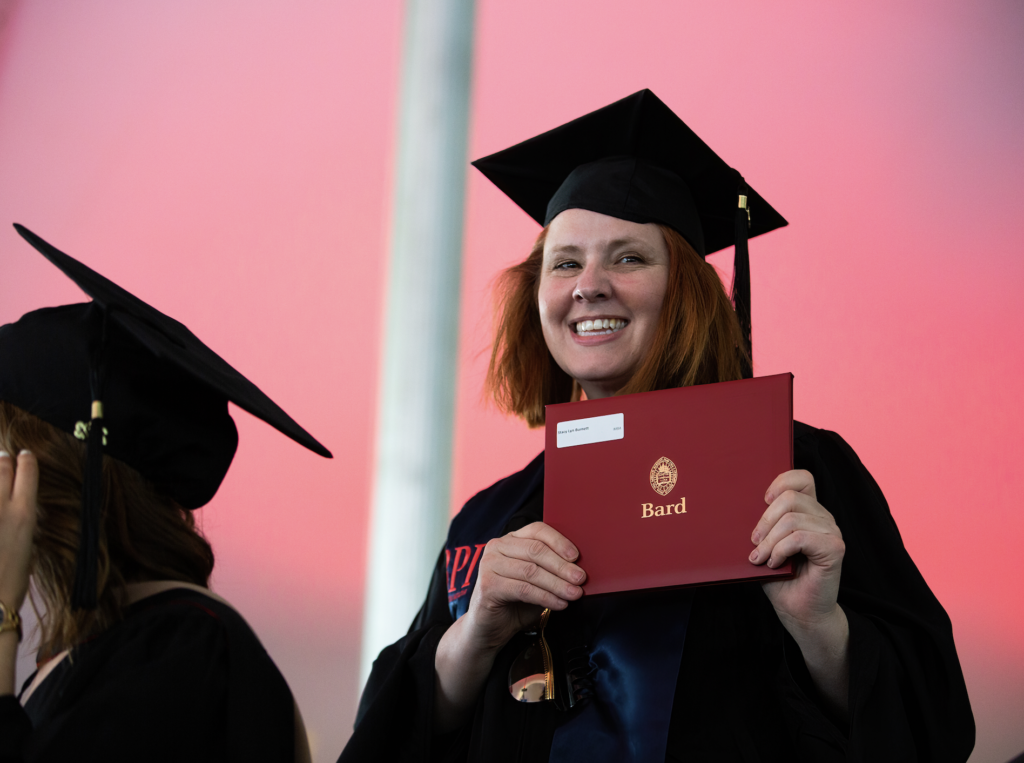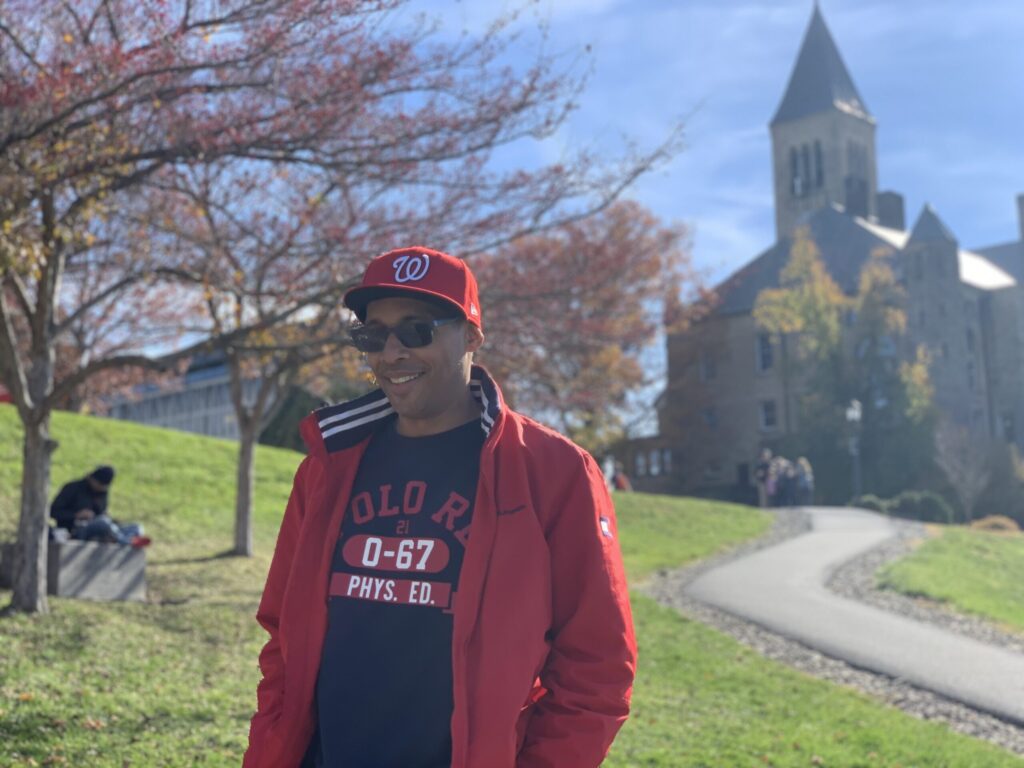This reflection by Demetrius James ’17 is part of the Community Voices op-ed series for the BPI Public Health Journal. Throughout the COVID-19 crisis, BPI alumni, staff, and faculty and Bard Microcollege students will be posting reflections about their work, studies, and response to the virus here on the BPI Blog.
I was released from Fishkill Correctional Facility, a New York state prison, on April 30, 2020, amid the peak of the COVID 19 pandemic and was immediately acquainted with the COVID related idea of remoteness. Not as dire as being stranded on a remote island in the middle of the ocean, the COVID related remoteness connotes a separation that allows for a virtual relationship with society but omits and deprives people of that organic and humane relationship that people intuitively share. For example, the teacher and student relationship is an organic and intuitive dialectic where a teacher gauges a student’s ability and potential to learn and gives instruction accordingly or effectively enough to create a learning environment. In regards to how this relates to my reentry process, being away from society for 17 and a half years created the dynamic of me having to learn new things and relearn some old things and the remoteness brought on by the pandemic bent the learning curve for me in an adverse way. In essence, the tactics to mitigate the transmission of the COVID-19 virus caused a remoteness that made my reentry and transition a much more difficult process. The remoteness limited my access to family, friends, and people who could provide that organic and intuitive response to the type of help I needed during my reentry and transition.
Just to be clear, while reentry and transition often carry the connotation of describing an individual who has left prison and is now free, I regard these terms to designate two separate but similar occurrences. I look at reentry more as the social reemergence of a formerly incarcerated individual. This is the effort that goes into reestablishing employment and social presence. The transitional aspect is more domestic: The transitioning of institutional living to residential living. This distinction comprehensively illustrates the wide-reaching effects of remoteness in the social and personal realm of daily life.
This remoteness is the requirement of social distancing. Totally necessary in this day and time. However, this precautionary effort functions to create a disconnect in what sociologists long referred to as the shift from Gemeinschaft to Gesellschaft: the close ties of communities and societies become untethered, as well as widening the void among professional relationships. How did this remoteness affect my homecoming? Well, social distancing meant no job interviews as I knew them. It meant that no one would sit down in person to give me the rundown and tutorials on how to manage the tools I would need to conduct myself in a fairly new technological age that had also been plagued by a deadly disease.
Personally, the effects of remoteness challenge the traditional dynamic of family gatherings. No fanfare, no get-togethers, no gatherings, and no first home-cooked dinners because the coordinators of these events are typically the older members of the family. I spoke to my Aunt Beverly over the phone four days after coming home. I had not seen her in almost twenty years. When I asked her when did she want me to come over so she could see me, she sadly explained that because of her age–she is seventy-four–she could not take any visitors because of her susceptibility to the COVID 19 virus. Lastly, finding companionship has proved to be the biggest challenge. Nowhere to socialize means nowhere to meet people and no place to take a date.
Once again, while remoteness is necessary to combat a highly transmissible and deadly disease, if you are not careful remoteness has the potential to fray the threads of mental wellness.
Demetrius James ‘17 is a recent returning citizen. He earned his B.A. with BPI in 2017 and Master in Professional Studies through the New York Theology Seminary in 2018.
